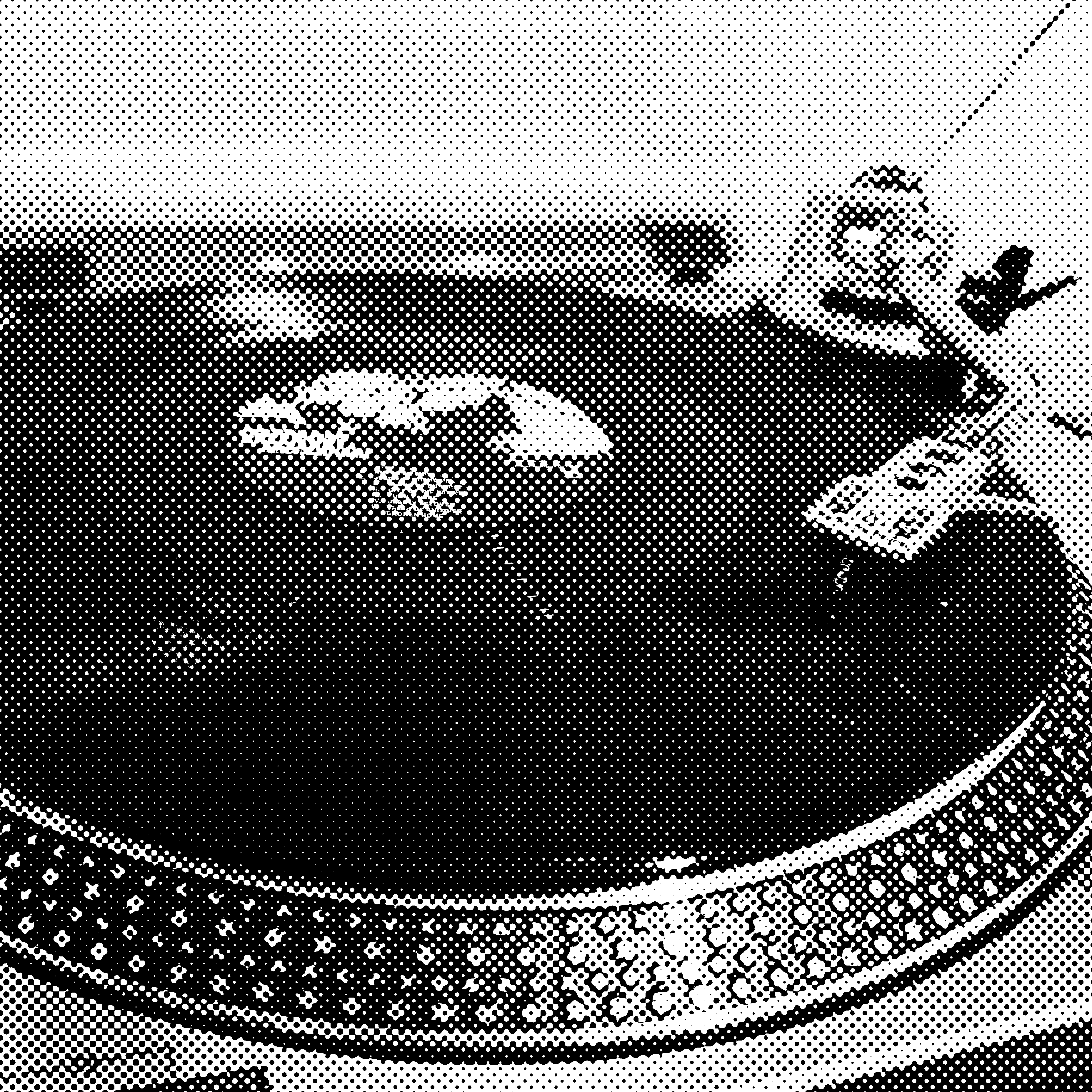Guide: Remasters vs. Remixes
Hearing about a remaster or remix of an old favorite is exciting! Should it be? Let's listen to some!

When I worked in a record store in high school, hearing about a newly remastered version of an album was exciting! I had no idea what it meant, but the fact that it was something "new" and also something I was already familiar with tickled a part of my lizard brain in just the right way. I had to hear it! But what was I actually listening to?
We'll define some terms first. Then I'll have several example tracks you can listen to at the end.
If we want to know the difference between a remaster and a remix, first, we need to understand mastering and mixing. Let's talk about how modern music is made. (For our purposes, modern means the last fifty years or so.) There are typically these steps.
- Write
- Record
- Mix
- Master
- Distribute
Mixing
Mixing comes after writing and recording and before the master. Let's talk about that first. Each piece of a song is recorded individually to get the best possible performance on that part, vocals, drums, guitar, bass, horns, etc. This can get extraordinarily granular, e.g., individual tracks for each piece of the percussion kit. Then, we combine all the recorded pieces or tracks into a single track. The audio engineer literally mixes all the separately recorded audio track sessions with each other to make the song. This involves adjusting the volume, equalization, stereo panning, and adding effects at the individual track level of a multi-track recording.




